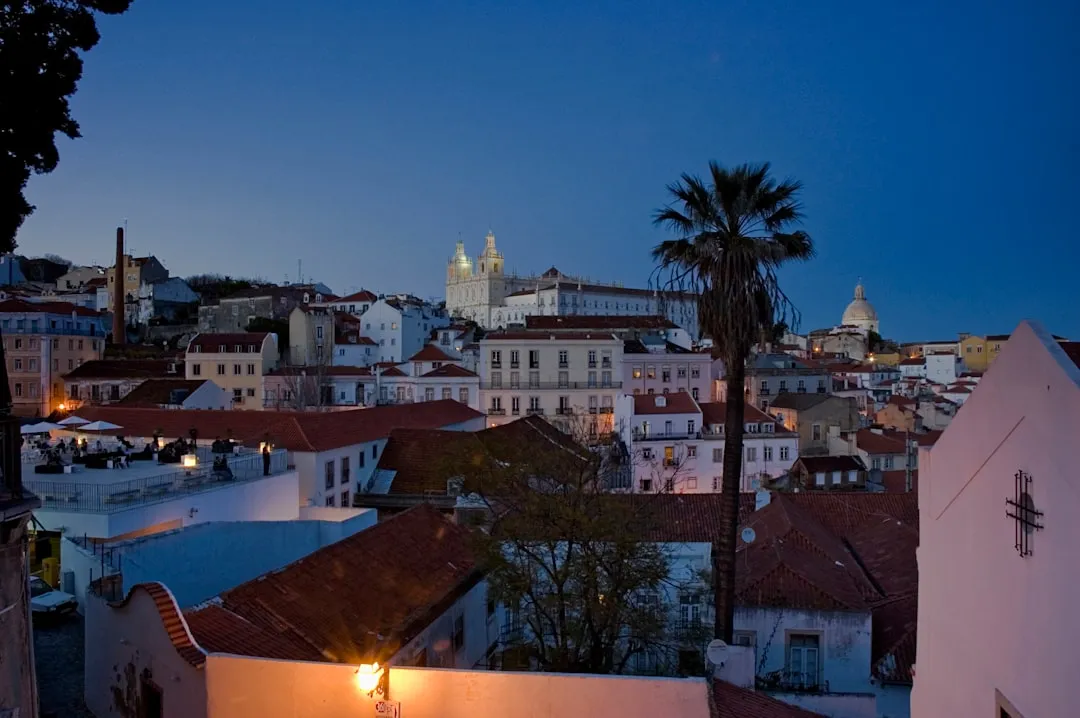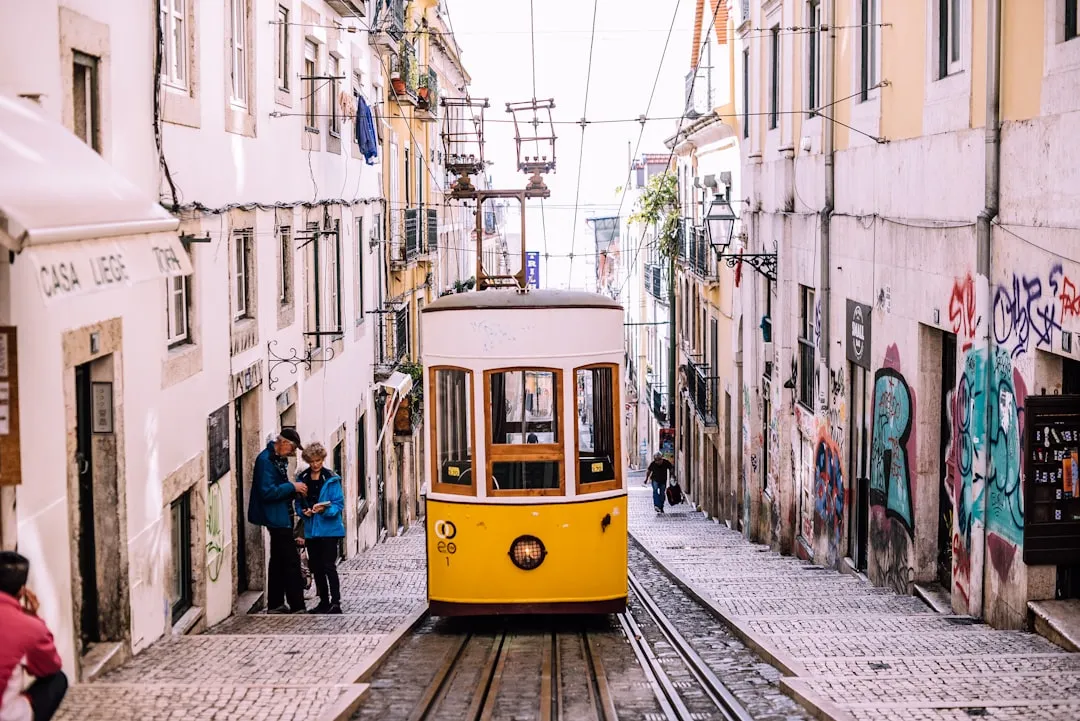The D6 Visa, or Family Reunification Visa, enables family members of residents or citizens living in Portugal to join their loved ones. This visa is essential for maintaining family unity while offering the right to live, work, and study in Portugal.
Overview of the D6 Visa
The D6 Visa facilitates the reunification of family members by granting them legal residency in Portugal. It applies to spouses, children, parents, and other dependent relatives of individuals already residing in the country.
Why Choose the D6 Visa?
- Family Unity: Ensures loved ones can live together in Portugal.
- Access to Benefits: Family members gain access to healthcare, education, and social services.
- Ease of Integration: Simplifies the process for families to settle and integrate into Portuguese society.
Requirements for the D6 Visa
To apply for the D6 Visa, the sponsor (family member residing in Portugal) and applicant must meet the following criteria:
- Legal Residency of the Sponsor: The sponsor must hold a valid residence permit or citizenship.
- Proof of Family Relationship: Marriage certificates, birth certificates, or legal documents showing dependency.
- Financial Stability: The sponsor must demonstrate sufficient income to support family members.
- Accommodation Proof: Evidence of suitable housing in Portugal.
- Clean Criminal Record: Background check from the applicant’s home country.
- Health Insurance: Valid insurance coverage for the applicant.
Eligible Family Members
The D6 Visa applies to:
- Spouse or partner in a legally recognized union.
- Minor or dependent children.
- Dependent parents of the resident or their spouse.
- Siblings under legal guardianship.
Step-by-Step Application Process
Step 1: Sponsor’s Request for Family Reunification
Before the family member can apply for the visa, the sponsor must submit a family reunification request to AIMA (Agência para a Imigração e Mobilidade), which handles immigration matters in Portugal.
How to Submit the Request?
- Online: Through the AIMA portal (if available).
- In-person: At an AIMA service center, which requires an appointment.
Required Documents:
- Sponsor’s valid residence permit.
- Proof of accommodation in Portugal.
- Proof of sufficient financial means to support the family member(s).
- Proof of family relationship (marriage certificate, birth certificate, etc.).
- Criminal record certificate of the family member(s) (translated and legalized).
- Health insurance (if required).
Once AIMA approves the request, the family member can proceed to the visa application.
Step 2: Family Member’s Visa Application at the Consulate
After receiving approval from AIMA, the family member must apply for the Family Reunification Visa at the Portuguese Consulate or Embassy in their home country.
Visa Application Process:
- Schedule an appointment online through the Portuguese consulate’s system.
- Submit the required documents, including the AIMA approval letter.
- Attend an in-person visa interview if required.
- Pay the visa application fee.
Step 3: Arrival in Portugal and Residence Permit Application
Once the family reunification visa is granted, the family member can travel to Portugal. After arrival, they must book an appointment with AIMA to apply for a residence permit.
Required Documents for Residence Permit:
Valid passport with the family reunification visa.
AIMA approval document.
Proof of accommodation in Portugal.
Proof of financial means.
Health insurance or proof of enrollment in the Portuguese healthcare system.
Once approved, the family member receives a residence permit, allowing them to live, study, and work in Portugal.
The Main Pain Point: AIMA’s Inefficiencies & How to Overcome Them
One of the biggest challenges in the Family Reunification process is dealing with AIMA, which is notorious for:
- Not answering phone calls or emails.
- Long waiting times for appointment scheduling.
- Unclear and inconsistent processing timelines.
How to Overcome These Challenges?
- Book an appointment as early as possible and keep checking for cancellations.
- Use the “Livro Amarelo” (Complaint Book) to file official complaints about delays. This can sometimes speed up your case.
- Call AIMA every day until you get a response.
- Try different AIMA offices, as processing times vary by location.
- Seek legal assistance from an immigration lawyer who may have contacts within AIMA to push your case forward. Lawyers have preferential channels at AIMA offices.
- Go to the Loja do Cidadão without an appointment. Some applicants have reported success by waiting at a Loja do Cidadão office (a citizen service center) until they were attended. In some cases, the application was processed immediately, and the residence card was received within a few weeks.
Tips to Apply
- Prepare Accurate Documentation: Ensure all documents are valid, translated, and notarized.
- Demonstrate Financial Means: Show that the sponsor has adequate income to support family members.
- Check Housing Requirements: Provide proof of adequate living conditions for the family.
- Seek Legal Advice: Consider consulting with a lawyer or immigration specialist to streamline the process.
Financial Implications
Cost to Obtain the Visa:
- Visa Application Fee: Approximately €90-100 (varies by consulate).
- Translation/Notarization Costs: Varies based on document requirements.
Tax Implications:
Family members are generally subject to the same tax obligations as other residents. However, they can also benefit from the Non-Habitual Resident (NHR 2.0) tax regime if eligible.
Pros and Cons of Living in Portugal with the D6 Visa
Pros:
- Reunites families in one of Europe’s most welcoming countries.
- Access to healthcare, education, and social services.
- Eligibility to work or study in Portugal.
- Simplified transition to permanent residency or citizenship.
Cons:
- Lengthy application processing times.
- Dependence on the sponsor’s financial stability and residency status.
- Bureaucratic hurdles in obtaining and renewing the visa.
FAQs
- What is the D6 Family Reunification Visa in Portugal? The D6 visa is a residence visa that allows family members of a legal resident in Portugal to join them.
- Who qualifies for family reunification in Portugal? Eligible family members include:
- Spouses or legal partners
- Minor or dependent children
- Dependent parents of the resident or their spouse
- Minor siblings under legal guardianship The applicant must have legal residence in Portugal and provide proof of financial stability and accommodation.
- How long does the family reunification process take in Portugal? Processing times vary but typically range from 3 to 6 months. Factors affecting this include embassy workload, completeness of documents, and nationality of the applicant.
- What are the main requirements for a family reunification visa? To apply, you generally need:
- Proof of relationship (marriage/birth certificate)
- Proof of financial means by the resident sponsor
- Proof of accommodation in Portugal
- Valid passport and criminal record certificate
- Health insurance (if required)
- How can I bring my family to Portugal? The process involves:
- The resident in Portugal applies for family reunification at the AIMA (Agency for Migration and Asylum).
- Once approved, the family members apply for a D6 visa at a Portuguese consulate in their home country.
- After arrival in Portugal, they must apply for a residence permit with AIMA.
- How much does the family reunification process cost in Portugal? The government fees for the application range between €90–€150 per person, excluding document translations, legalizations, and travel expenses.
- Do I need to prove financial stability for family reunification? Yes. The resident sponsor must demonstrate enough income to support the family. The minimum required varies but is usually:
- 100% of Portugal’s minimum wage for the sponsor (€820/month in 2024)
- 50% for each adult dependent
- 30% for each minor dependent
- Can I apply for Portuguese citizenship through family reunification? Yes, but not immediately. After 5 years of legal residence, family members can apply for permanent residency or citizenship, provided they meet language and legal integration requirements.
- Can I work in Portugal with a family reunification visa? Yes. Once in Portugal, family members with a residence permit under reunification have full work rights, just like any other resident.
- What happens if my family reunification visa is denied? Denials usually occur due to insufficient documentation, financial instability, or lack of proof of relationship. If denied, you can:
- Appeal the decision
- Correct and resubmit the application
- Seek legal assistance




